Diversity in higher education and Wisconsin McNair Scholars
McNair Scholars is a federally funded scholarship program supporting first-generation and traditionally underrepresented college students — participants at UW-Oshkosh share what they are learning.
By Aditi Debnath | Here & Now
October 13, 2023 • Northeast Region
At the state Capitol, Republicans could withhold pay raises for state employees over diversity and inclusion positions at the Universities of Wisconsin. But federal dollars continue to fund a program offered at seven campuses that helps underrepresented students navigate higher education.
“Originally when I went into McNair, I wanted to be a medical illustrator. I wanted to draw pictures for textbooks — those posters you see in doctor’s offices, because I really like to draw. But now I’m not trying to do that at all. Now I’m trying to get a Ph.D. in biotechnology,” said Dominic Laracuente, a UW-Oshkosh McNair Scholar. He completed the program’s summer research internship, which culminated in a public presentation of his findings.
“McNair is really a one stop shop for first generation underrepresented and low income students,” said Cordelia Bowlus, director of the McNair Scholars Program at UW-Oshkosh.
The program gives its scholars a $4,000 grant to conduct their own research, and a one-on-one mentorship from a faculty member.
“The research I’ll be presenting today is on cyanobacteria in Lake Winnebago,” Laracuente said.
Brittany Dupree also didn’t know much about graduate school before becoming a McNair scholar.
“This summer, I went on more the macro scale, and I was looking at prairie restorations, and I assessed the success of a prairie restoration that’s right around central Wisconsin.”
Bowlus said McNair Scholars is part of a pipeline of programs that help students from disadvantaged backgrounds be successful in college.
“It has a long track record of huge success,” she said “It has bipartisan support in Washington”
Bowlus is referring to federal government funding designated to promote diversity, equity and inclusion in education.
“Of the approximately 200 students that have gone through our program in the last 16 years, 60% of them are either in graduate school or have completed graduate school and are in careers,” said Bowlus.
In the 2023-24 academic year, UW-Oshkosh will receive more than $260,000 federal dollars for McNair, and is one of seven universities in Wisconsin that offers the program.
“They’re important because they enrich the university,” said Dr. Belynda Pinkson, who is the program coordinator at UW-Oshkosh. She advises McNair scholars through each step of the program.
“We make a concerted effort to focus on providing resources for our scholars and providing an environment in which they feel supported and which they feel seen and heard,” Pinkston said.
Beyond that, programs like McNair give students the space to connect with peers that have similar experiences, and inspire the next generation.
“I think we do a good job of representing what education can do for people and where it can lead,” said Laracuente.
His mother Blanca Juarez traveled from the Fox Cities area to Oshkosh to see his presentation.
“I’m a really, really proud mama,” said Juarez. “Because I know he’s doing with his heart — he really wants to do it. He wants to clean the lake. And hopefully other students continue with this program and with this project that they chose to study this summer.”
Pinkston, who was a first generation college student, said promoting diversity in higher education is just as beneficial to a community as it is to each student.
“It’s not just intrinsic, what am I going to get out of this? It’s about how can I give back? And we help cultivate that desire in them to give back,” said Pinkston.
For Dupree and her mother Linda Will, McNair really is about enabling the next generation.
“I am a person without school — I would support her in any way,” said Will. “I am so proud of her and what she’s achieved so far.”
 Passport
Passport




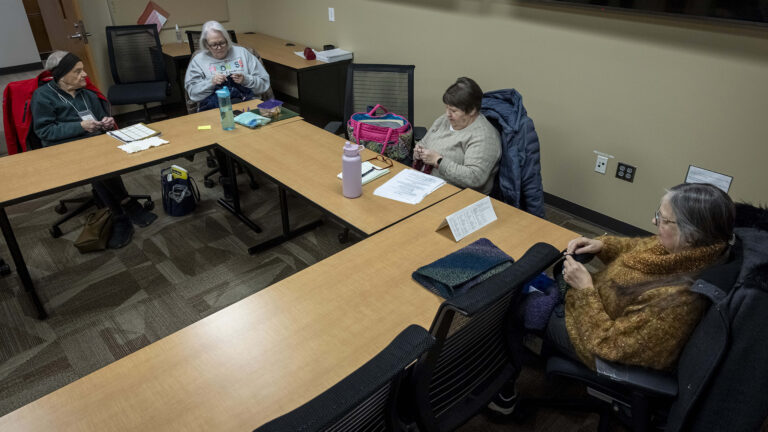
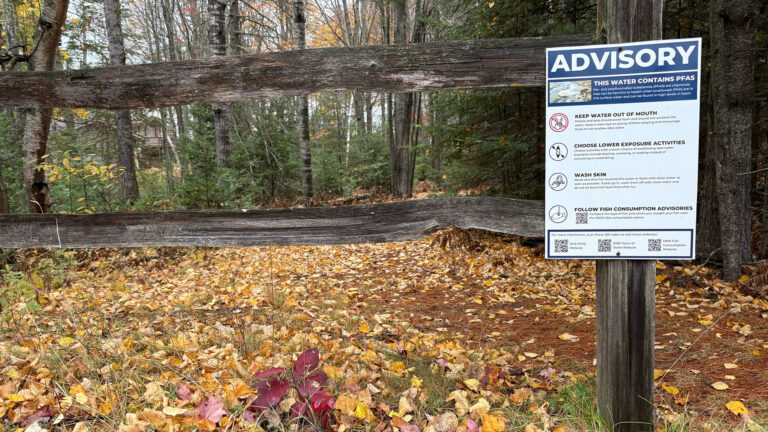
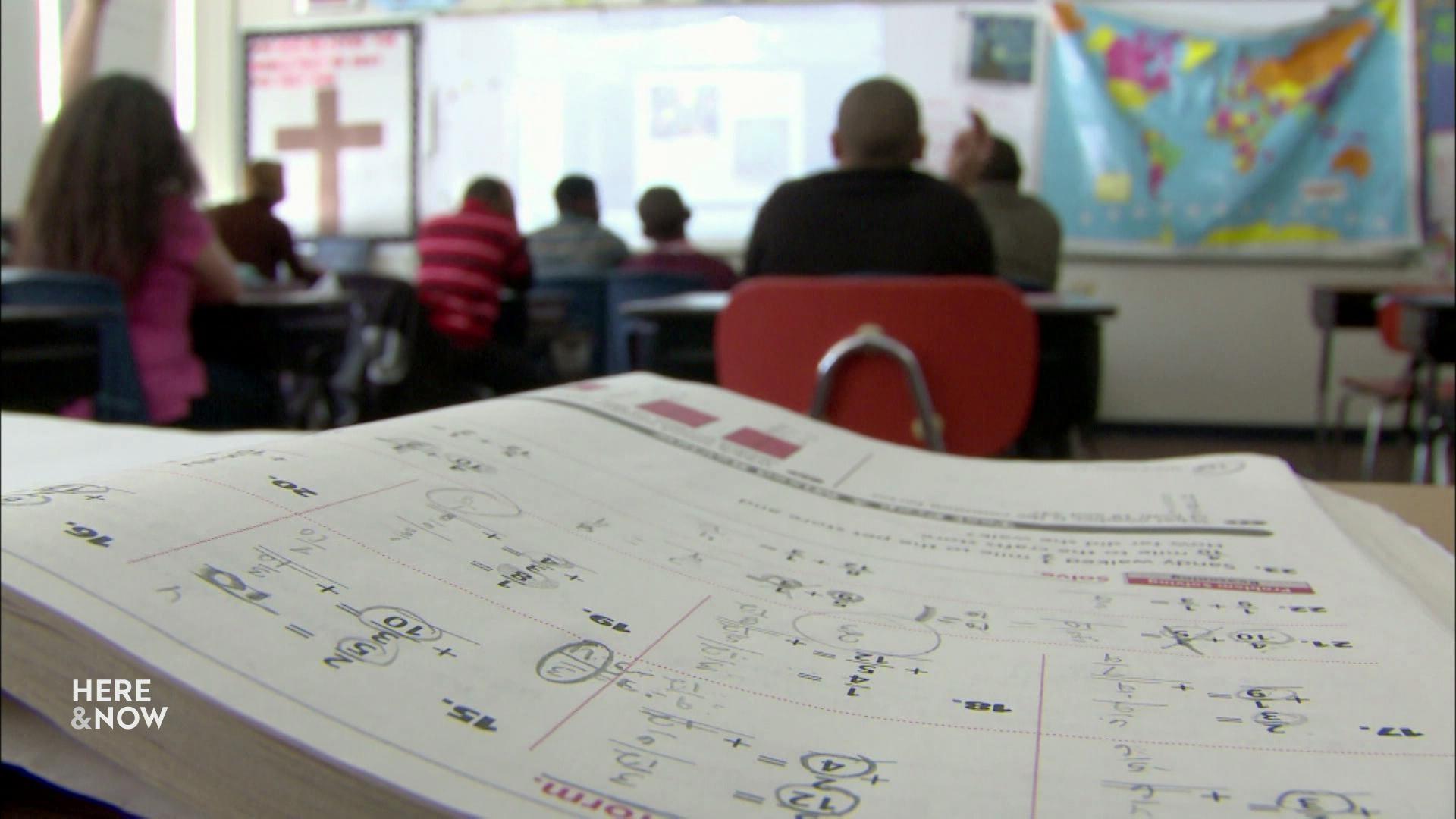
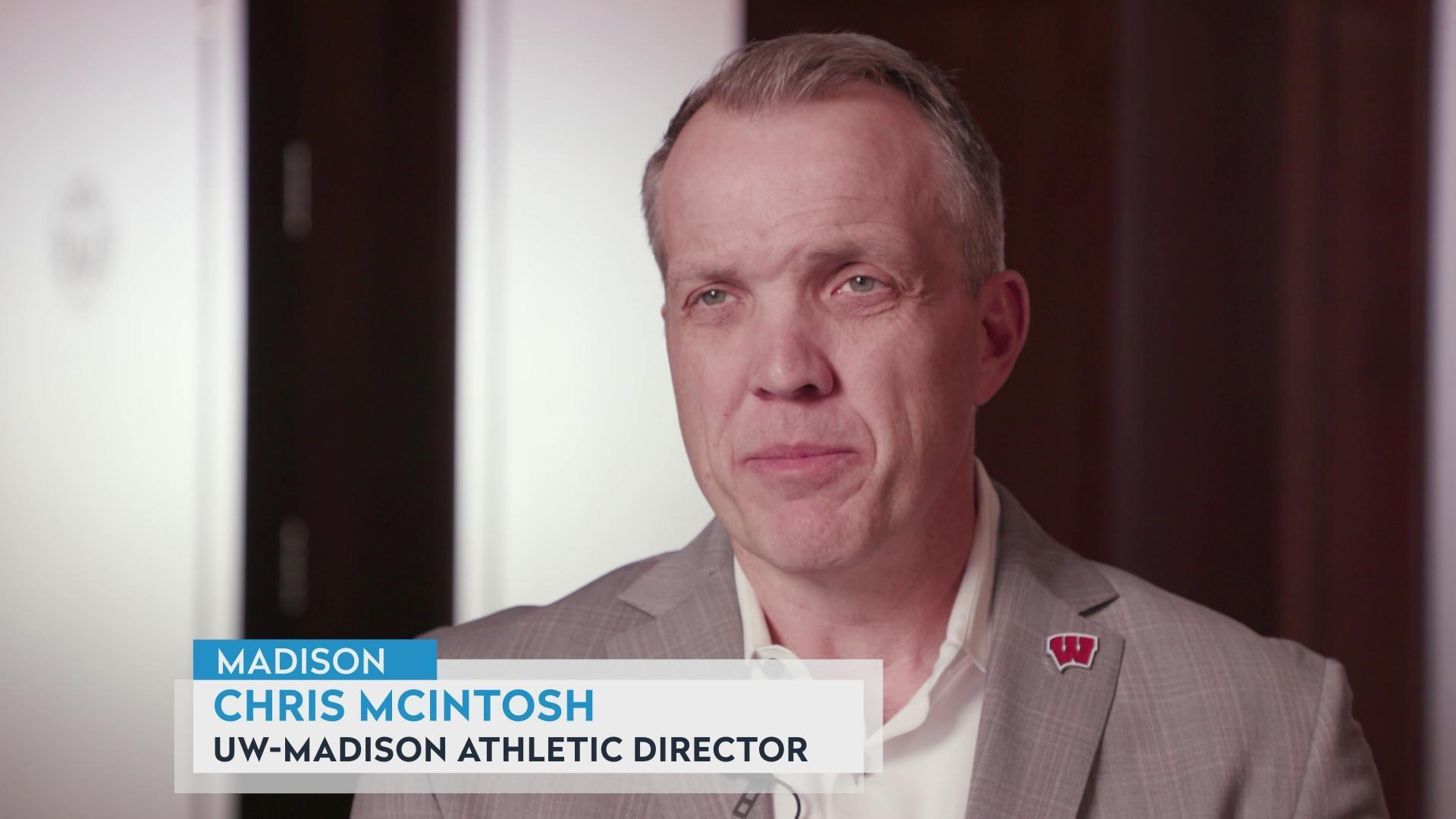
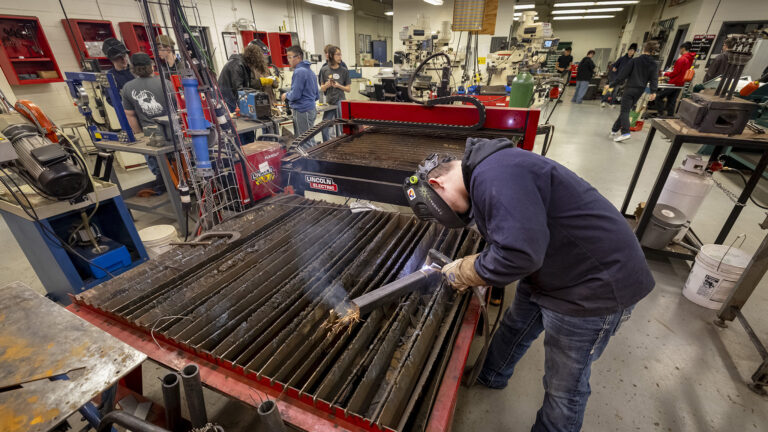
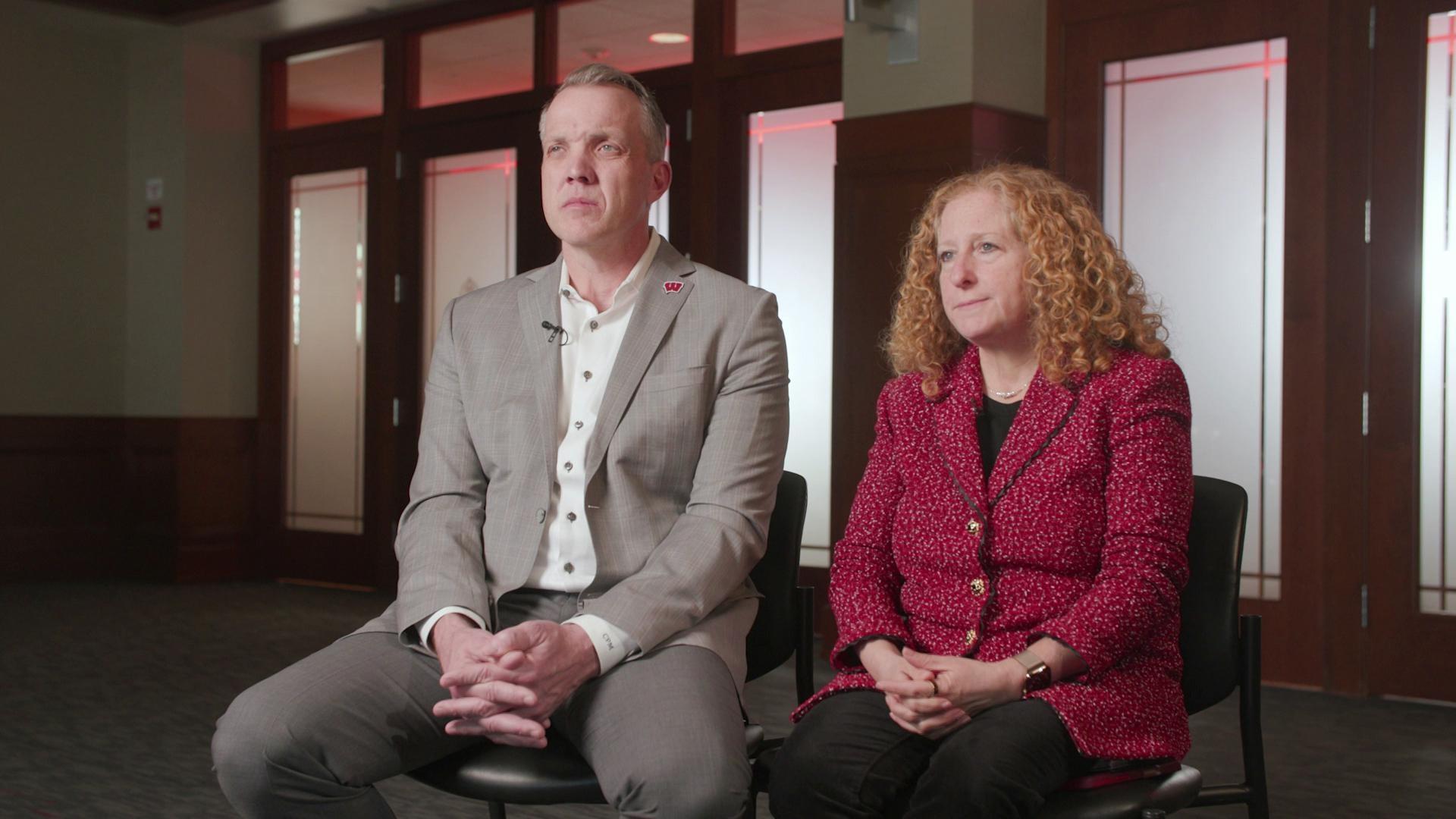

Follow Us